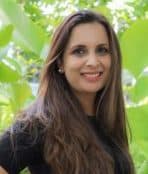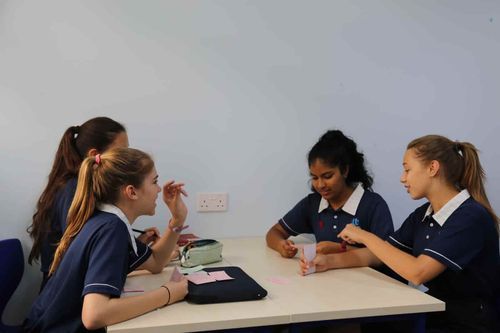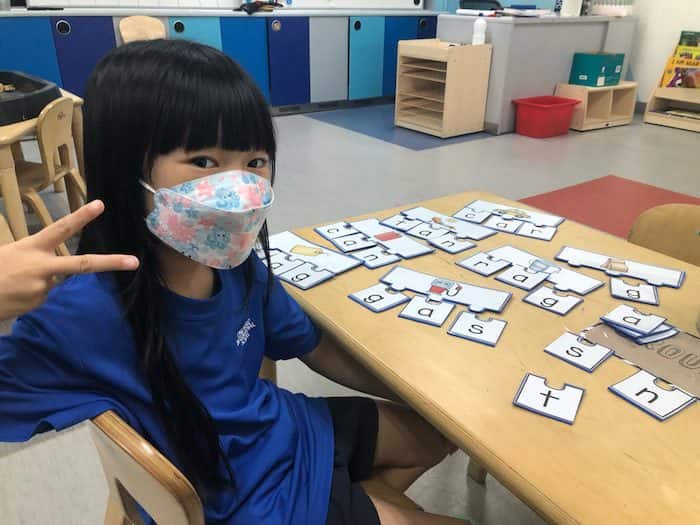Years ago, education in Social and Emotional Learning (SEL) took place in the home and community. Now, SEL is taught in schools, and it can help improve a child’s overall school performance and develop skills that will serve them throughout life to improve social, work and personal relationships.
Social and Emotional Learning (SEL) helps prepare children for higher education and life outside the classroom. It is an integral part of the 21st-century competencies identified by Singapore’s Ministry of Education (MOE).
Why is Social and Emotional Learning Important?
When they are integrated with a robust academic programme and implemented successfully, Social and Emotional Learning (SEL) programmes have a direct impact on academic performance and student success. Some SEL benefits include:
- Improved academic performance and achievement
- Reduced bullying
- Lower dropout rates
With SEL education, students are able to build their character. In addition, they learn skills that can help them cope with challenging circumstances socially and in the classroom. SEL skills include problem-solving, impulse control, self-regulation and empathy.

For example, a student who has learned self-regulating skills will make positive choices when they are left with free time and may feel bored. They will be able to focus on positive activities like reaching out to good friends for a bicycle ride or practising music or dance.
Learning resilience and adaptability through SEL benefits students at all times, but it seems particularly important in light of the COVID-19 pandemic. Resilience can help students to cope with new requirements, like social distancing. Being adaptable and continuing to learn even with frequent changes and interruptions is crucial to student learning and success.
How Does OWIS Support SEL for Secondary Students?
While SEL is important at all ages, as students enter Secondary grades, they meet challenges that require support, expert instruction, and a caring and kind environment. Kindness is woven into the fabric of OWIS, and it is one of the school’s fundamental values.
At OWIS, Secondary students start their day meeting in small groups with their form tutors. This is part of OWIS’ Pastoral Care Programme. Form tutors incorporate SEL into daily activities and studies, which helps Secondary students gain skills and confidence and be reinforced each day with ways to be more resilient, think critically and strengthen their relationships with peers and the community.
SEL Also Applies to Digital and Media Literacy
OWIS uses the power of technology to enhance teaching and learning, and we are also committed to teaching students how to use technology responsibly. They learn online etiquette and the essentials of digital citizenship, from maintaining their own privacy and safety to respecting the privacy of others.
When it comes to reviewing information through digital media, one of the most essential 21st-century skills is being a wise and capable consumer of information. Secondary students at OWIS read and discuss news items with their form tutors and teachers, learning how to evaluate and compare news sources critically.
Character Development Through the “Secondary Six”

As part of OWIS’ culture of respect and kindness, we have established a group of six important values that we model for our secondary students and also ask them to practise. We call this group of values the “Secondary Six.” They are:
- Kindness toward everyone we encounter
- Respect for self, the environment and others
- Positivity, showing happiness, well-being and good character
- Responsibility for one’s self and learning
- Integrity, including ethical, honest behaviour
- Relationships, including positive connections between teachers and students
We also have a Kindness Council, which includes student leaders who serve as role models for others. The Kindness Council practices the “Secondary Six” and reaches out to other students to help them build connections with their peers and teachers.
To conclude, academics become more rigorous during the teen years, and friendships, extracurricular interests and social pressures can seem overwhelming. Combine these pressures with the natural desire of adolescents to strike out on their own, and the need for SEL becomes obvious.
As we have experienced disruption during the COVID-19 pandemic, the potential for isolation reminds us that mental health is just as important as physical health. Giving students the tools they need through SEL education to build and maintain strong relationships with teachers, other students, their families and the community is crucial to healthy learning in challenging times.
We have a strong SEL programme and a culture of kindness and caring at OWIS. We encourage you to take a virtual tour to see our SEL programmes and student life in action.















